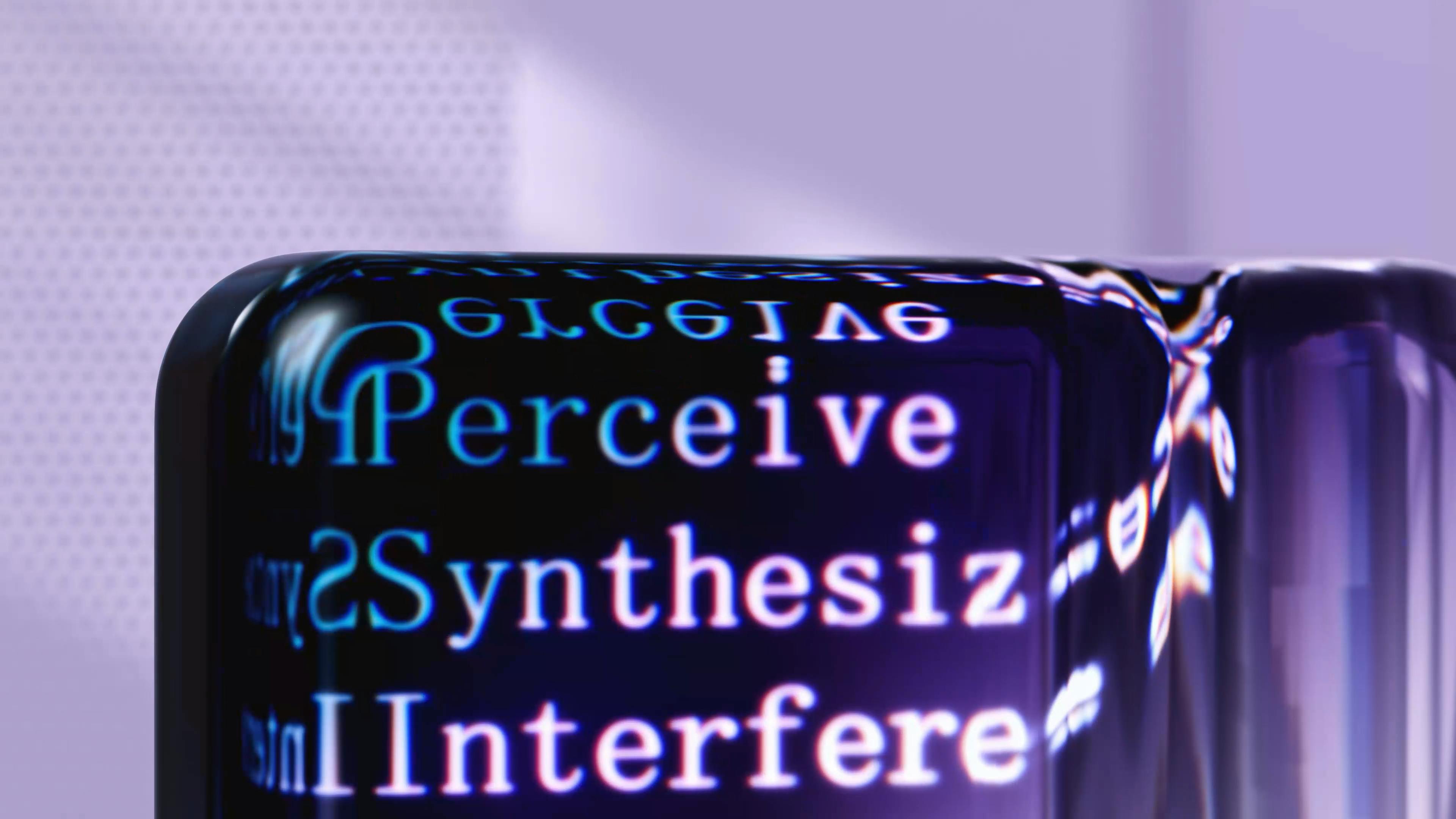Prototypical Learning Framework Improves Generalized Category Discovery

Prototype Learning for Generalized Category Discovery: A Novel Approach with ProtoGCD
The automatic discovery of new categories in unlabeled data represents a significant challenge in the field of machine learning. This problem, known as Generalized Category Discovery (GCD), requires models to identify and group new categories while simultaneously leveraging knowledge from already known, labeled categories. A recently published paper introduces a new approach to GCD: ProtoGCD, a framework based on prototype learning.
Previous approaches to GCD exhibit various weaknesses. Methods relying on pseudo-labeling with parametric classifiers treat known and new categories separately, leading to imbalances in accuracy. Contrastive learning, on the other hand, neglects potentially positive connections and is decoupled from the clustering objective, resulting in biased representations and suboptimal results.
ProtoGCD addresses these issues through a unified and unbiased approach. Both known and new categories are modeled using shared prototypes and unified learning objectives. This allows for simultaneous and integrated processing of all categories. At the core of the framework is a dual-stage adaptive pseudo-labeling mechanism that helps minimize confirmation bias. Additionally, two regularization terms are employed, which together contribute to learning more suitable representations for GCD.
For practical application, ProtoGCD offers a criterion for estimating the number of new categories. Furthermore, the framework can be extended to detect unknown outliers, enabling a further level of task unification.
The ProtoGCD framework is characterized by several innovative features:
Unified Modeling: Known and new categories are modeled jointly, achieving uniform accuracy and improved representations.
Adaptive Pseudo-Labeling: The dual mechanism minimizes confirmation bias and improves the reliability of the pseudo-labels.
Regularization: Two specifically designed regularization terms promote learning stability and the quality of the generated representations.
Estimation of New Categories: An integrated criterion allows for the automatic estimation of the number of unknown categories.
Outlier Detection: ProtoGCD can be extended to identify unknown outliers, thus increasing the robustness of the system.
Comprehensive experiments on various datasets, both generic and fine-grained, demonstrate that ProtoGCD achieves state-of-the-art results compared to existing methods. These results highlight the potential of ProtoGCD for Generalized Category Discovery and open up new possibilities for the automatic detection and grouping of unknown categories in unlabeled data.
Bibliography: https://www.arxiv.org/abs/2504.03755 https://arxiv.org/html/2504.03755v1 https://github.com/mashijie1028/ProtoGCD https://paperreading.club/page?id=297592 https://github.com/mashijie1028 https://ojs.aaai.org/index.php/AAAI/article/view/29862/31503 https://openaccess.thecvf.com/content/CVPR2024/papers/Ma_Active_Generalized_Category_Discovery_CVPR_2024_paper.pdf https://www.ijcai.org/proceedings/2024/0532.pdf https://www.semanticscholar.org/paper/Parametric-Classification-for-Generalized-Category-Wen-Zhao/dea92ce089809b5b9f3a57e3dbd176711c126bce https://cvpr.thecvf.com/virtual/2024/poster/31100.png)


